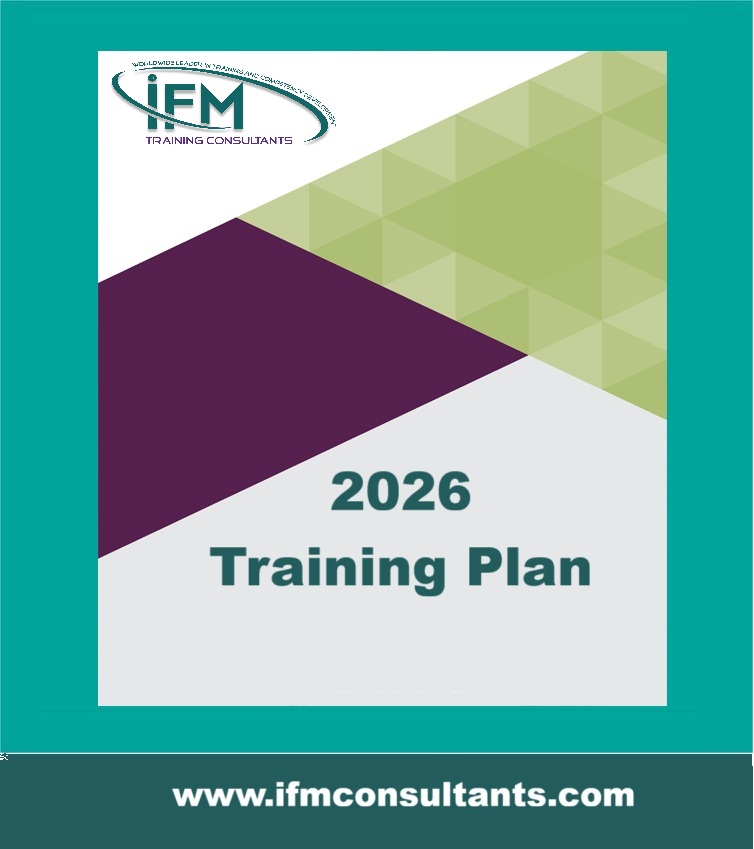CSWIP 3.1 Welding Inspector Program
| Start Date | End Date | Venue | Fees (US $) | ||
|---|---|---|---|---|---|
| CSWIP 3.1 Welding Inspector Program | 30 Nov 2025 | 04 Dec 2025 | Cairo, Egypt | $ 3,500 | Register |

CSWIP 3.1 Welding Inspector Program
| Start Date | End Date | Venue | Fees (US $) | |
|---|---|---|---|---|
| CSWIP 3.1 Welding Inspector Program | 30 Nov 2025 | 04 Dec 2025 | Cairo, Egypt | $ 3,500 |
Introduction
CSWIP Welding Inspector examination - All candidates must attend a CSWIP approved course of training prior to examination. Enrolment on this course does not constitute a reservation of an examination. All courses may be followed by a CSWIP Welding Inspector examination for candidates with appropriate experience as specified in CSWIP document WI-6-92. All CSWIP documents are available on the CSWIP website.
Objectives
- to understand factors which influence the quality of fusion welds in steels
- to recognise characteristics of commonly used welding processes in relation to quality control
- to interpret drawing instructions and symbols to ensure that specifications are met
- to set up and report on inspection of welds, macro sections and other mechanical tests
- to assess and report on welds to acceptance levels
- to confirm that incoming material meets stipulated requirements and recognise the effects on weld quality of departure from specification
- to be in a position to pass the Welding Inspector - Level 2 examinations
Training Methodology
This is an interactive course. There will be open question and answer sessions, regular group exercises and activities, videos, case studies, and presentations on best practice. Participants will have the opportunity to share with the facilitator and other participants on what works well and not so well for them, as well as work on issues from their own organizations. The online course is conducted online using MS-Teams/ClickMeeting.
Who Should Attend?
Inspection engineers and supervisory staff. The course is ideal for inspectors requiring preparation for the CSWIP examinations - Welding Inspector.
Course Outline
The duties and responsibilities of a welding inspector; fusion welding processes; typical weld defects; types of steel; carbon-manganese, low alloy and stainless steels; hardening of steels; weldability; heat treatment; parent metal defects; visual inspection; testing parent metals and welds; destructive tests; NDT techniques; welder and procedure approval; codes and standards; outline of safe working practices; practice in examination questions; continuous and end-of-course assessment. In addition, candidates meeting the CSWIP requirements for eligibility complete the relevant CSWIP examination on day 5.

















